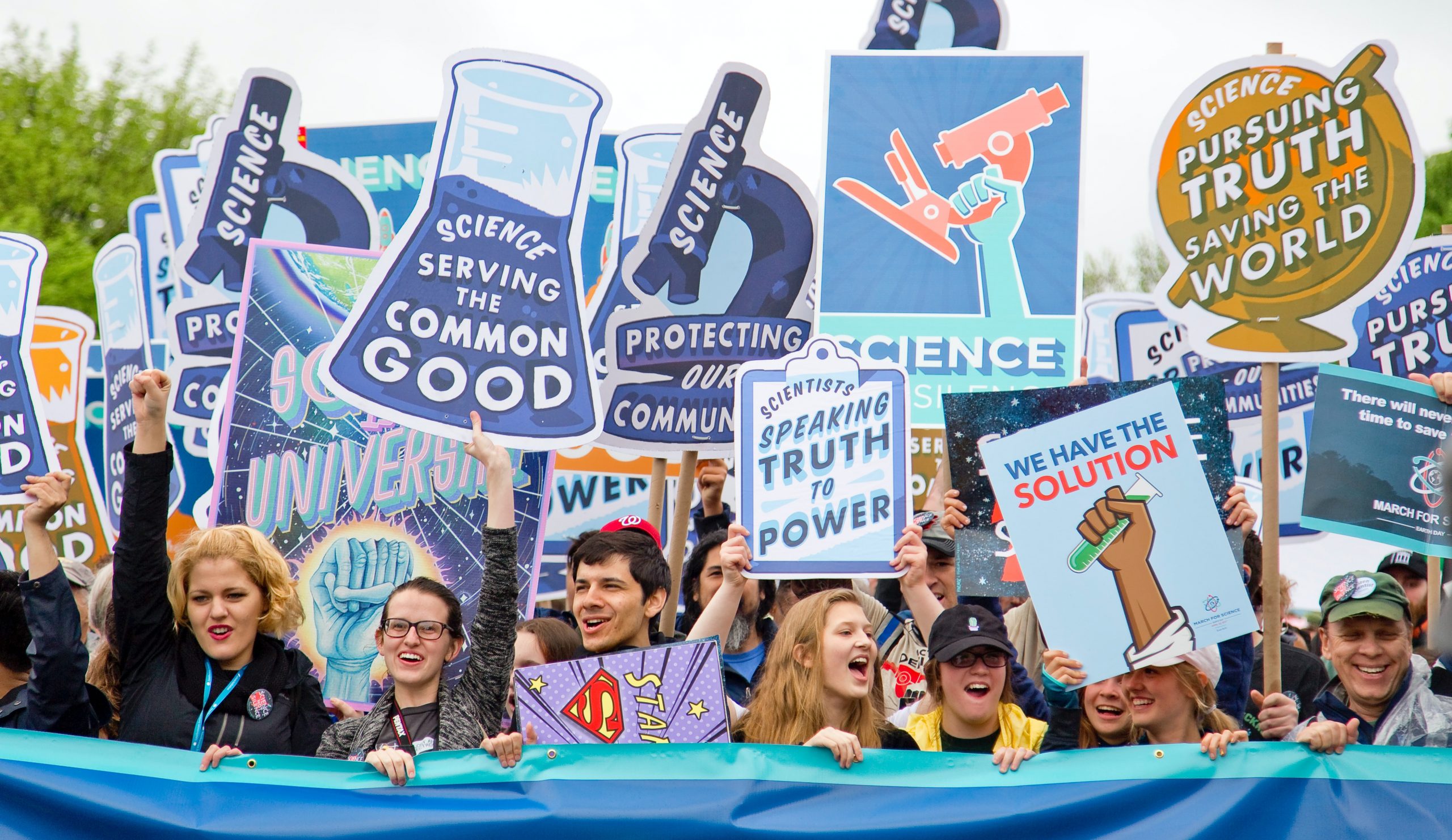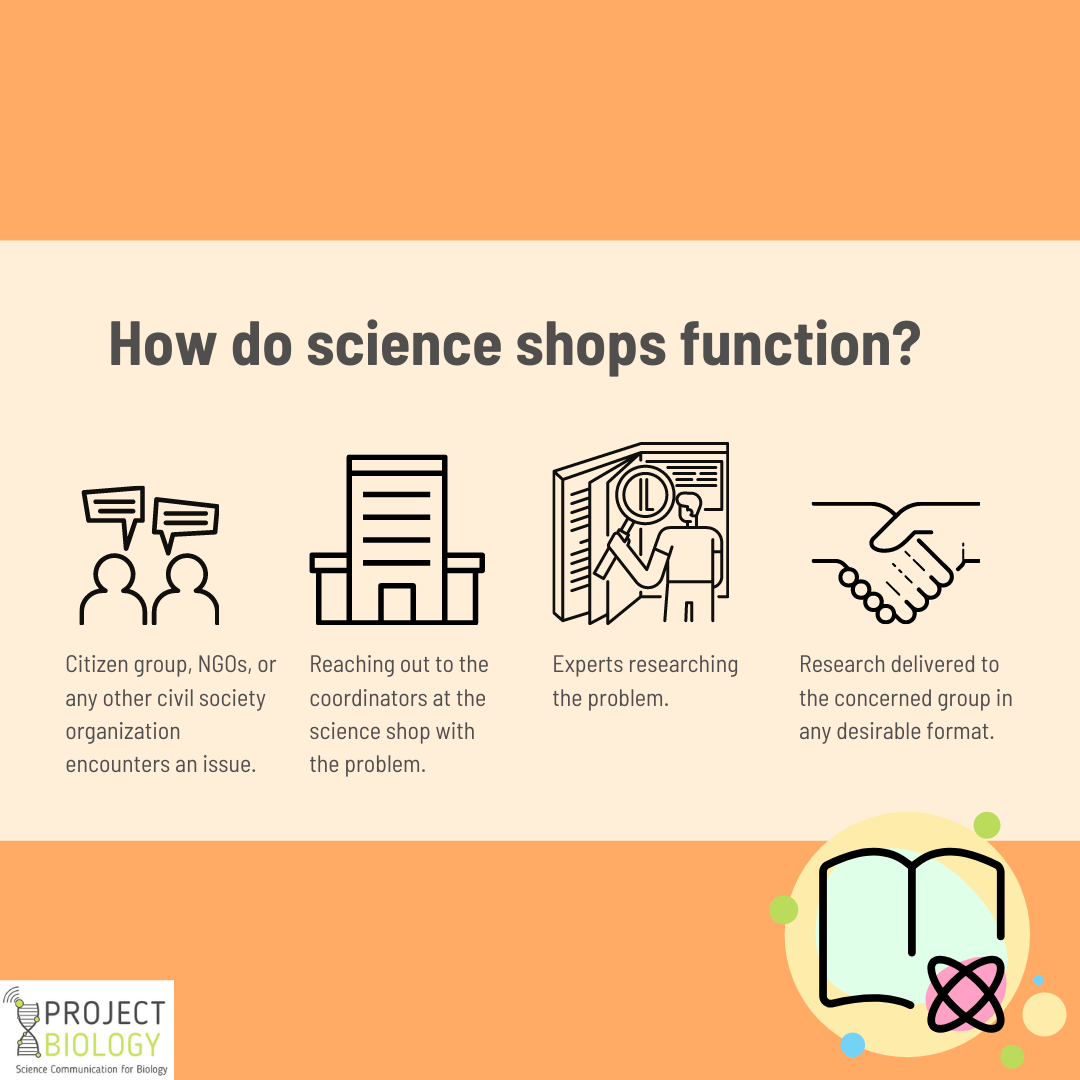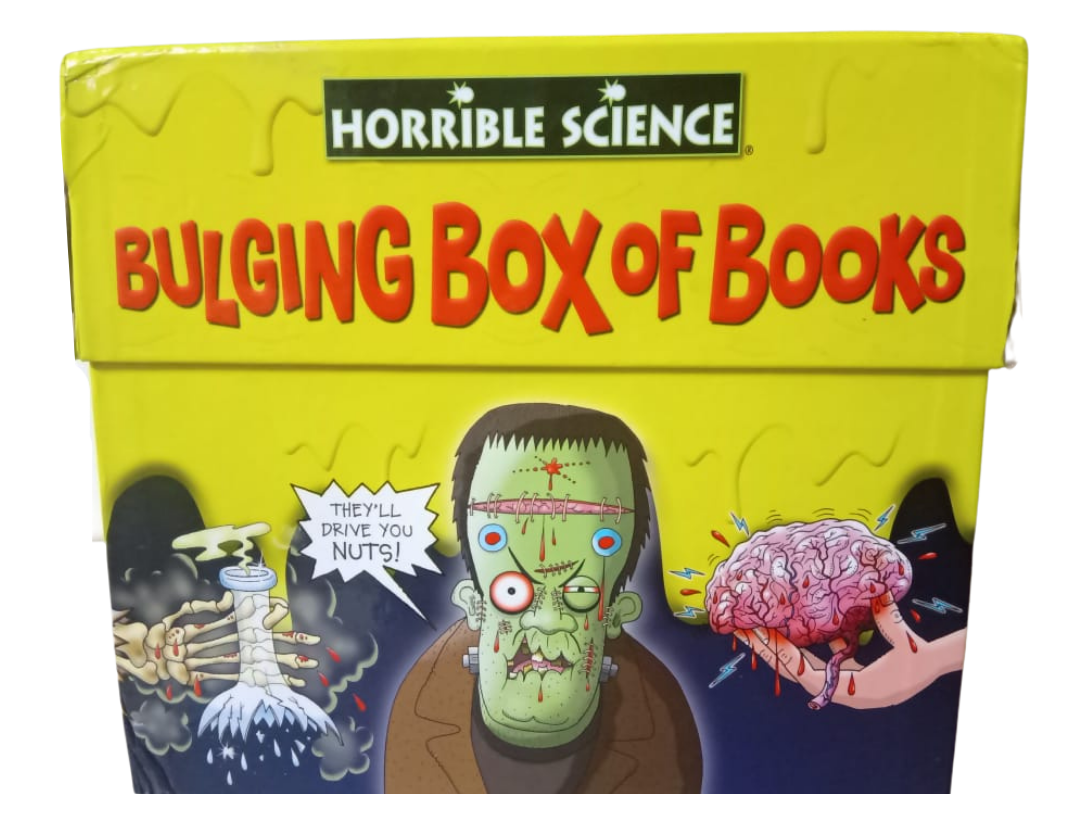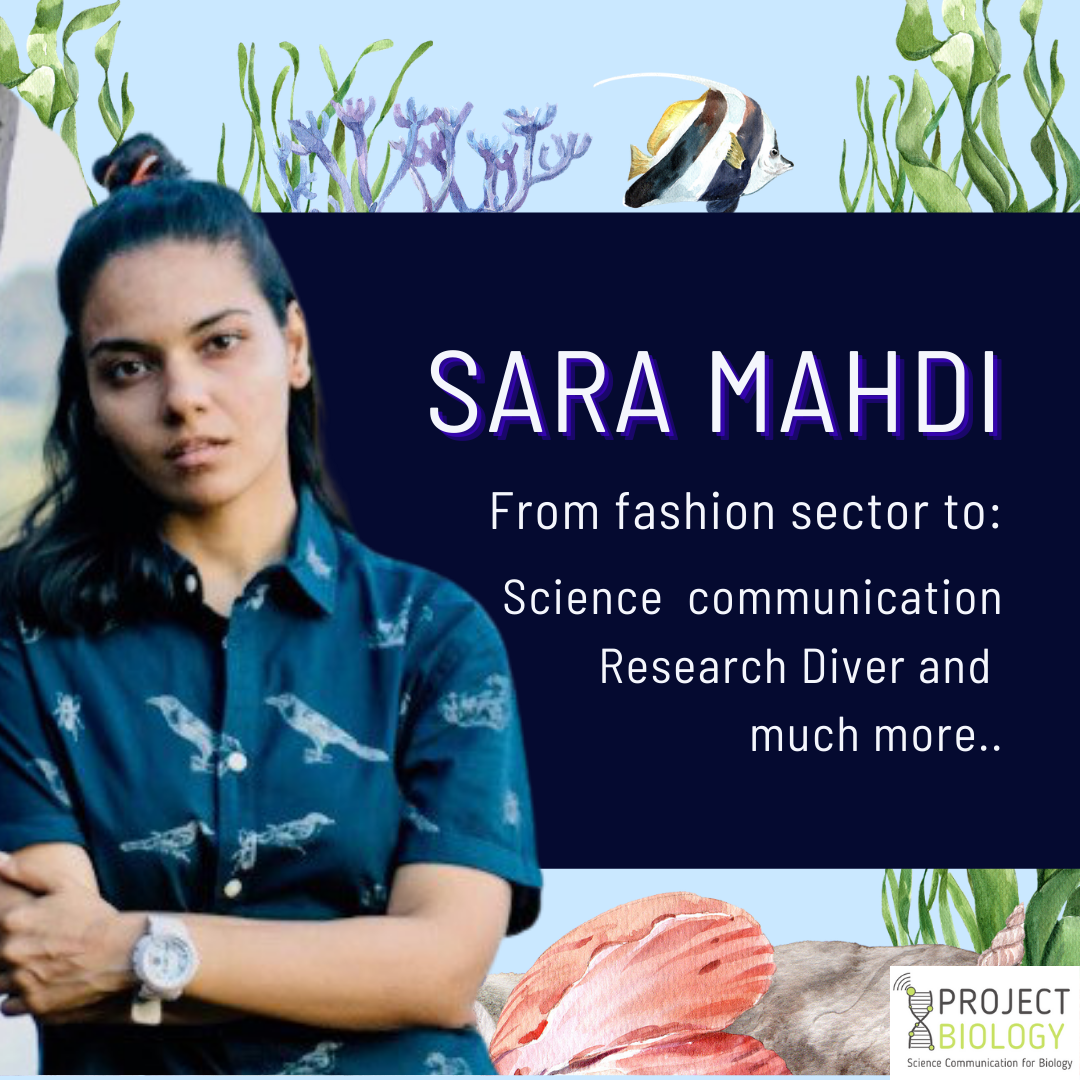Everyone on the face of this planet has a story, story of origins, story of extinction, the story of existence, and more. Likewise, storytelling and narration allows people to create experiences beyond the realms of imagination.
Moreover, stories also transport the listeners to another place and connect with a reality different from theirs. You can even experience this with the mesmerizing stories told by David Attenborough. Sir David, a great storyteller, possesses the ability to turn even the humble British dormouse as interesting as a mountain gorilla.
But, why do we need storytelling in science? Why at all bring narration in the field of logic? While you need not become the next David Attenborough, but we also do not want you to become an isolated researcher. So, to convince you some more, we bring you this listicle with many reasons why science needs storytelling.
Reasons to practice storytelling in science
Reason #1: Appeal to human emotions
We often learn what others do in their lives through the stories they tell. A banker may tell the stories of riches. A Gardner may tell stories of children stealing sweet fruits; a dancer may tell many fandom stories and more. Just like that, when you tell a story, you appeal to a human’s emotions and can make them care about what you do.
Reason #2: Connecting issues on a humane level
Stories allow people to connect with an issue on a humane level. For example, Disney Pixar highlighted human environmental impact, obesity, waste management, global catastrophe, and more through the movie Wall-E. The movie also shows the importance of life, a single plant that brings life back to a destroyed planet. By doing so, the movie entertains but implants a thought to ponder upon in the minds of both the adults and children.
Reason #3: Develop understanding between different perspectives
As scientific concepts baffle many, the perspectives about science between scientists and the public differ. Hence, as a communicator, one needs to build an understanding between different perspectives. A good story stimulates the brain and brings out empathy in the listener. Such a reaction leads the listener to a new path and allows the communicator to bring out the real meaning and importance of science. It also helps in bridging the differences in perspectives.
Reason #4: Bring order to chaos
By telling stories and harnessing narratives’ power, we impose coherence, logic, and structure to an unstructured wave of thoughts and ideas. Likewise, storytelling in science helps bring discipline, order, and meaning to what may seem like a chaos of jargon and science concepts to the audiences. Stories don’t only bring order to science communication but also help hook the audiences. Once the audiences are hooked on your story, they are willing to learn and listen. Thus, it can help bring the audiences in the loop and help them understand things clearly.
Reason #5: Greater attention and engagement
Narratives used in storytelling are seen as easier to process. Such a technique also generates more attention and engagement vs. the traditional approach of logic-based science communication. The persuasive power of the narratives has also been proven in risk communication. Upon embedding scientific information in the narratives, a variety of positive and negative affective responses were seen.
Reason #6: Cut across social and cultural boundaries
Telling stories allows you to cut across different social and cultural boundaries. As stories bring social order to the ambiguous issues, they resonate with the intended audiences. For example, the use of stories and narrative in medicine where the patient assessment entails co-constructing the patient’s reality. By sharing culture, beliefs, and values between patients and practitioners, a relationship and patient-centered care model comes about. Moreover, the relationship between the provider and the patients also becomes personalized.
Reason #7: Extrapolate science to daily life
Through storytelling, the readers can understand the scientific ideas by connecting them with relevant aspects of their lives. Here, the stories shall relate to the reader’s living conditions, beliefs or demographics. The human experience’s relevant aspect allows the listener to mentally extrapolate the past experiences to arrive at a general perception of the phenomenon in question. Accordingly, the listeners can equate their experiences, perceptions, or science for decision making.
Reason #8: Easy comprehension of scientific evidence
Objectivity itself in science does not appeal to many. Moreover, the scientific evidence does not speak for itself. Thus, by giving context to the audience through stories, one can understand the scientific evidence. Additionally, contextual narratives such as in reviews can also help enhance stakeholder engagement and even facilitate research questions. The stakeholder engagement can further help in the collaborative construction of the final story following the research.
Reason #9: Engaging policymakers
Good stories can also help the scientists grab the attention of policymakers. It can further aid in the translation of scientific evidence to policies. For this purpose, making use of the grey literature also proves as helpful.
Thus, storytelling helps turn science communication meaningful, opening novel ways of understanding and collaboration between different stakeholders and scientists. Storytelling allows the fusion of values, culture, context with logic-based science, allowing the development of long-term scientific understanding. Therefore, exploring and practicing storytelling as a means of science communication can prove significant in numerous ways.



